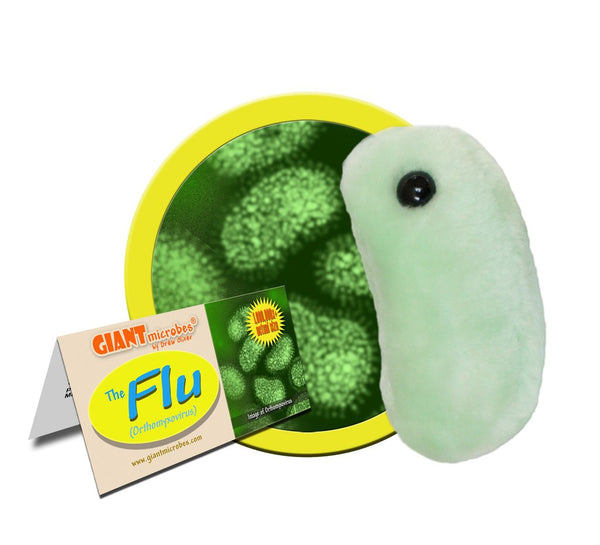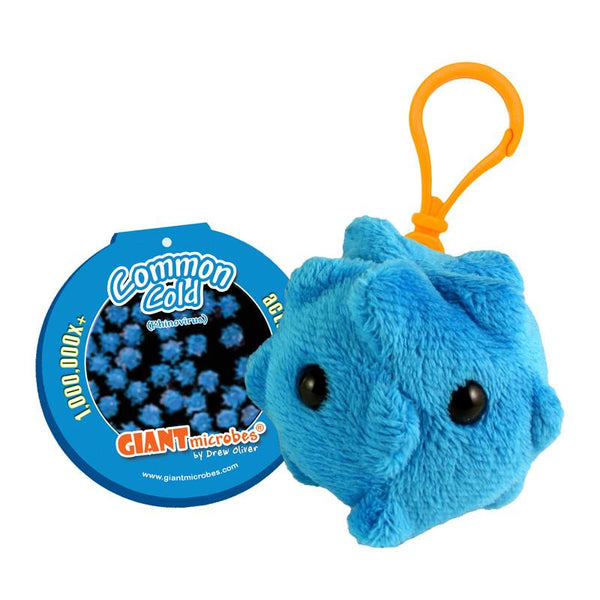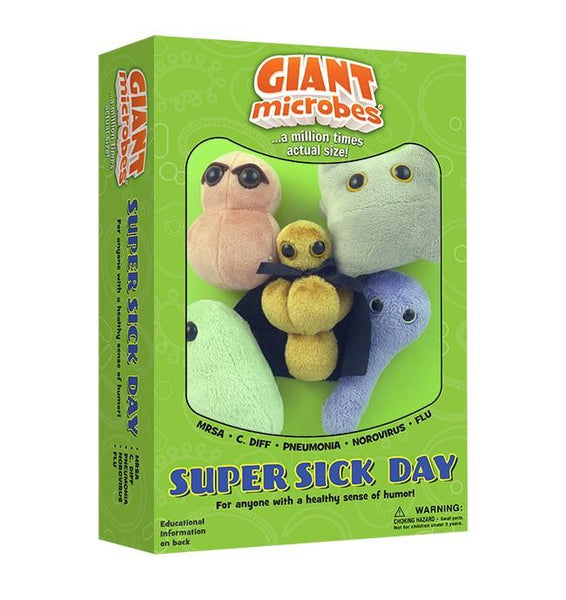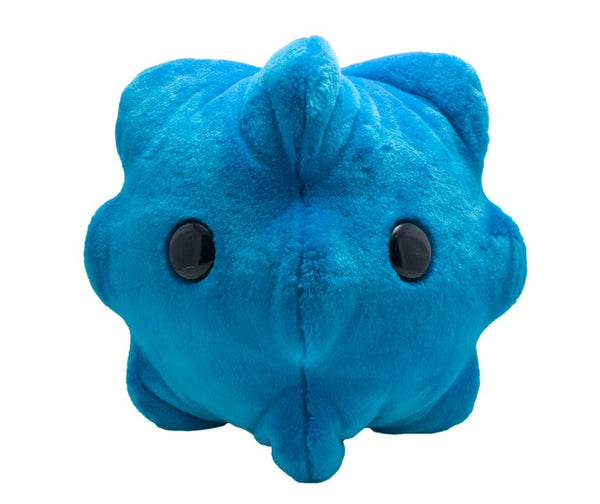October starts Flu Season, don't Fall for not getting Vaccinated.
Ah, the crunch of autumn leaves under foot, cool crisp autumn air, and the sweet-yet-seasonal taste of pumpkin spiced lattes. Fall is an enjoyable time to wind down and snuggle together in front of a fire, watch scary movies and indulge in some sweet treats. Fall also signals the start of a heightened social season, with increased activity and stress levels, which can lead to poor health. With Halloween and the Holidays just around the corner, we thought it'd be a good time to remind everyone that October is the start of Flu Season, so be prepared and get protected.
What is Flu Season?
Flu Season is a period between Fall and Winter where cases of influenza increase drastically. Influenza is a respiratory infection that is highly contagious and causes mild to severe illness. It looks like this:

Terrifying.
How does it spread?
How it spreads is well understood, as the flu is a virus spread via physical contact with someone who has it. Droplets from talking, coughing, sneezing, or touching a surface or object that has the flu virus on it can spread the virus instantly.
How can I prevent getting it?
There are several precautions you can take to avoid infection. The most important and effective protection is vaccination. Vaccines work by letting a small amount of deactivated virus cells enter your immune system. Your immune system can then destroy the weakened virus and develop the antibodies in order to easily defeat it in the future. This is the most effective preventative measure against infection.
Other effective measures would be avoiding contact with people who are sick. If you hear coughing, sneezing, or see people who seem sick, keep a reasonable distance to prevent infection. Also, cover your mouth and nose when sneezing or coughing to prevent risk of exposure to yourself and others.
Be sure to clean your hands often! Our hands interact with the world on a constant basis, so ensuring they are cleaned with water and antibacterial soap will greatly reduce the chance of infection. If you see a surface that may have been touched by someone with the flu, clean it thoroughly before you or others interact with it. The less surfaces with the virus, the safer all of us will be.
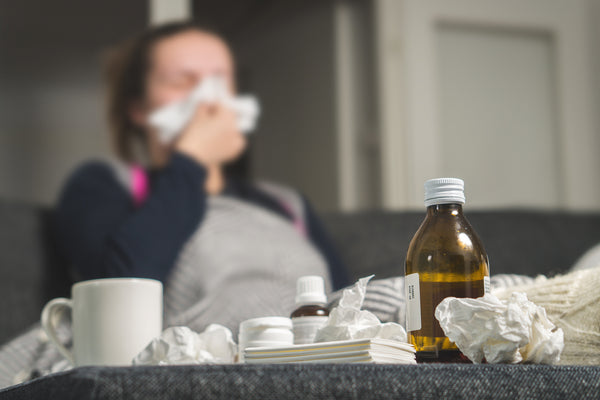
How can I treat it?
If you become infected, the best remedy is to stay home until 24 hours after any fever is gone. Typically, people do not need any medication, but if you are particularly high-risk (young children, the ill or elderly) there are antiviral drugs available to help mitigate the effect early on.
FUN FACT: Cold climates do not directly cause the flu. It is true, however, that the cold weather drives more people to stay inside, increasing the chance that people could spread diseases to each other. Cold weather can also weaken our immune systems, allowing for easier infection.
Don't know where to go to get vaccinated? Click here to find out!
Resources: https://www.cdc.gov/flu/about/keyfacts.htm
Hopefully you've learned a little bit more about the Flu and how to deal with it in the coming months! If a loved one does get the flu, a common cold or other sickness, we have some great gifts to help cheer them up. Thanks for reading and don't forget to check out our entire selection of Giant Microbe plush toys!

